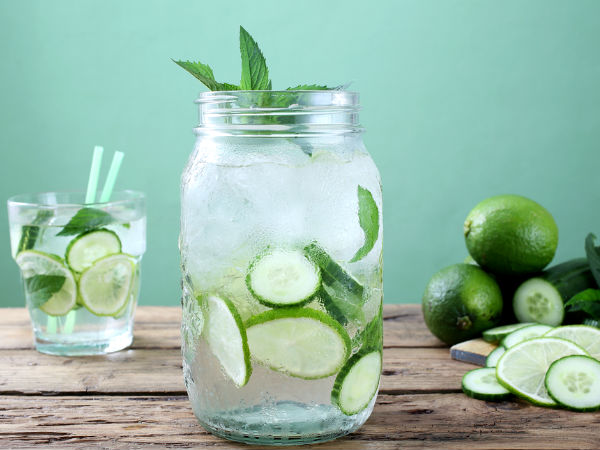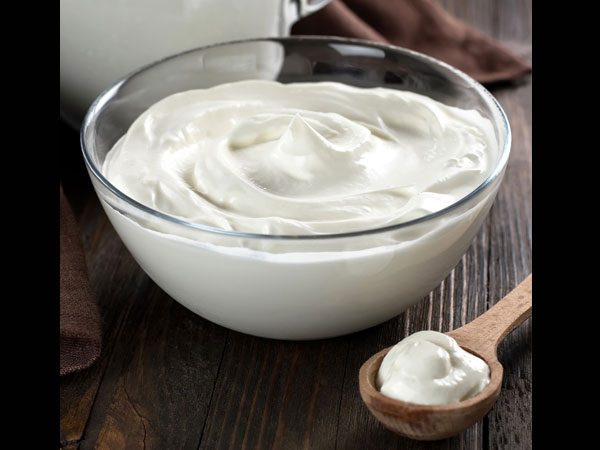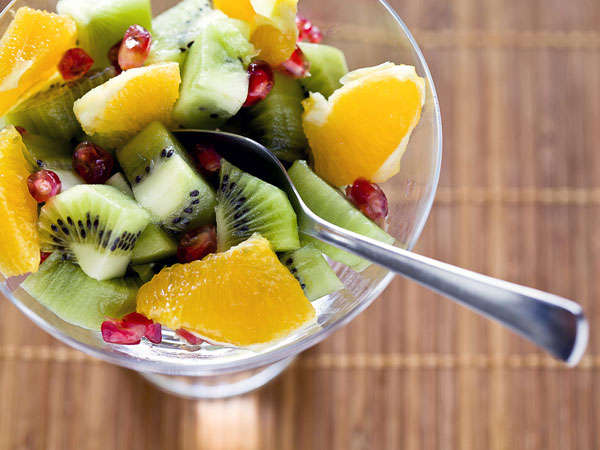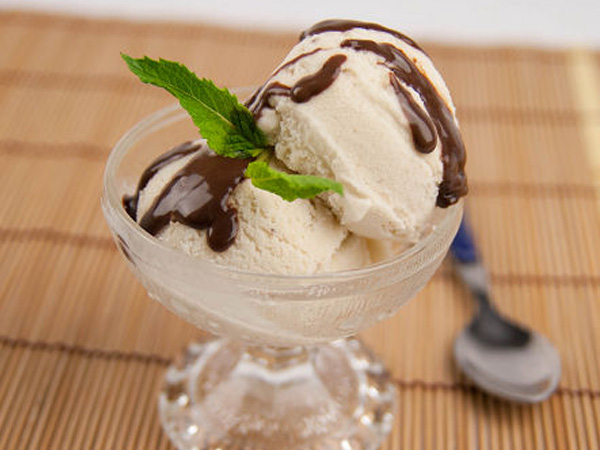Wellness
oi-Shivangi Karn
on January 9, 2021
Cholesterol has major functions in the human body, from cellular signalling to apoptosis and from improving cell membrane fluidity to acting as a precursor of steroid hormones such as estrogen and testosterone. [1]
However, dietary cholesterol is considered the leading cause of cardiovascular diseases worldwide. Foods that are high in cholesterol such as pizza and burger are also packed with saturated fatty acids, which doubles the risk of heart diseases along with other diseases such as hypertension and diabetes.
It is to be noted that some high-cholesterol foods such as eggs, cheese and organ meats are also high in essential micronutrients such as protein, calcium, iron and magnesium. However, when consumed in a high amount, they get deposited in the walls of arteries and increases the risk of the aforementioned diseases.
In this article, we will discuss things to do and avoid after eating high cholesterol foods. This will help you minimise their harmful effects and get the nutritional benefits as well.
Things To Do

1. Drink lukewarm water
The balance of gut microbiota is vital to maintain the digestive system health. A study says that drinking warm water shows a positive effect on the growth of gut microbiota, which can, in turn, help in the digestion of cholesterol foods, without disrupting the gastrointestinal health. [2]
 What Are The Causes Of Hot Flashes? Menopause, Smoking, Obesity And More
What Are The Causes Of Hot Flashes? Menopause, Smoking, Obesity And More

2. Burn some calories
After a heavy-cholesterol meal, around thirty minutes of walking, climbing stairs or any form of physical activities can improve the performance of the stomach and help with digestion. It may also help keep your body weight under control.

3. Have detox drinks
Detox drinks are an excellent way to cleanse your system, get rid of harmful toxins, boost immunity, improve the energy levels and get better digestive health. You can prepare detox drinks by mixing water with lemon and ginger, cucumber and mint, orange and lemon or apple and cinnamon.

4. Take probiotics
Probiotics are live organisms that help support the gut bacteria and keep the digestive system healthy. Foods such as yoghurt, kefir and kimchi contain probiotics naturally. Though it is advised to take probiotics before or during the meal for their better effect on stomach and intestines, it can be taken anytime regardless of the meal timings for a positive effect. [3]
READ RELATED: Janet Street Porter health: Star to undergo operation for skin cancer – symptoms revealed

5. Plan the next meal with fruits and vegetables
After the intake of high cholesterol foods, shift to a healthy diet with a lot of vegetables, fruits, legumes, nuts and seeds. It’s the best way to lower the cholesterol levels and improve the lipid profile. This is why, it is better to plan the meal beforehand to avoid consuming junk foods on an impulse.
 Are Carrots Good For Male Fertility?
Are Carrots Good For Male Fertility?

6. Drink green tea
A study says that green tea reduces circulating total cholesterol and prevent cardiovascular diseases related to it. Including green tea in your dietary habits is the best way to keep cholesterol levels low. The active polyphenols in the tea also help with digestion after a heavy meal. [4]

7. Sleep well
Though going to bed directly after a meal is not suggested, it is vital to lower the circulating HDL in the body. A study says that insufficient sleep induces changes at the gene level in pathways which are involved in cholesterol metabolism. Therefore, proper sleep is a must for overall health, especially to decrease the risk of cardiovascular diseases. [5]

Things To Avoid
8. Avoid anything cold
While warm water helps in easy digestion, cold water or other cold food items like ice cream or cold drinks tend to alter the gut microbiota and reduce intestinal immunity. We know oily foods take time to digest. Therefore, consuming anything cold along with high-cholesterol foods can make the digestion process even more difficult and cause digestive issues like bloating or indigestion.

9. Avoid going to bed straight after a meal
Going to bed straight after a heavy meal is harmful to both the digestive and overall health. It prevents the content of the stomach to move to intestines for digestion and thus, causes heartburn, gastric and indigestion. It also prevents the calories from burning off which leads to increased body weight. Experts suggest keeping at least a gap of three hours between meals and bedtime.
 Transgender Pregnancy And Lactation: All You Need To Know
Transgender Pregnancy And Lactation: All You Need To Know

10. Avoid alcohol
Alcohol adds to extra calories after a heavy meal which can contribute to increased weight. Also, too much alcohol interferes with digestive health and increases the risk of heart diseases. Some studies say that a small amount of red wine can be helpful to improve gut health due to its rich phenolic content. [6]
GET THE BEST BOLDSKY STORIES!
Allow Notifications
You have already subscribed
Source:









